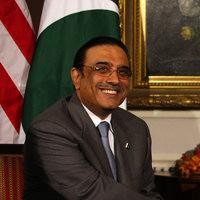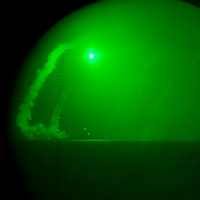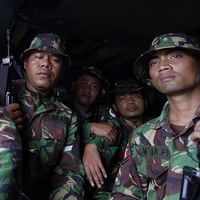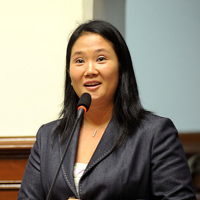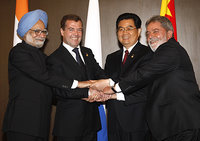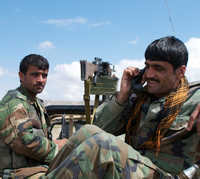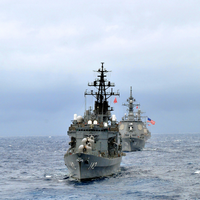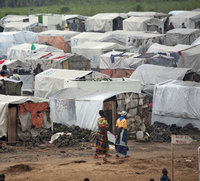
The World Bank’s 2011 World Development Report is out, and this year’s version highlights the interplay between “conflict, security, and development.” That’s a welcome theme to someone who’s spent the last decade describing how globalization’s spreading connectivity and rules have rendered certain regions stable, while their absence has condemned others to perpetual strife. But although the growing international awareness of these crosscutting issues is long overdue, the report ultimately disappoints by focusing only on the available tools with which great powers might collaborate on these stubborn problems, while ignoring the motivations that prevent them from doing so. First, the good […]

